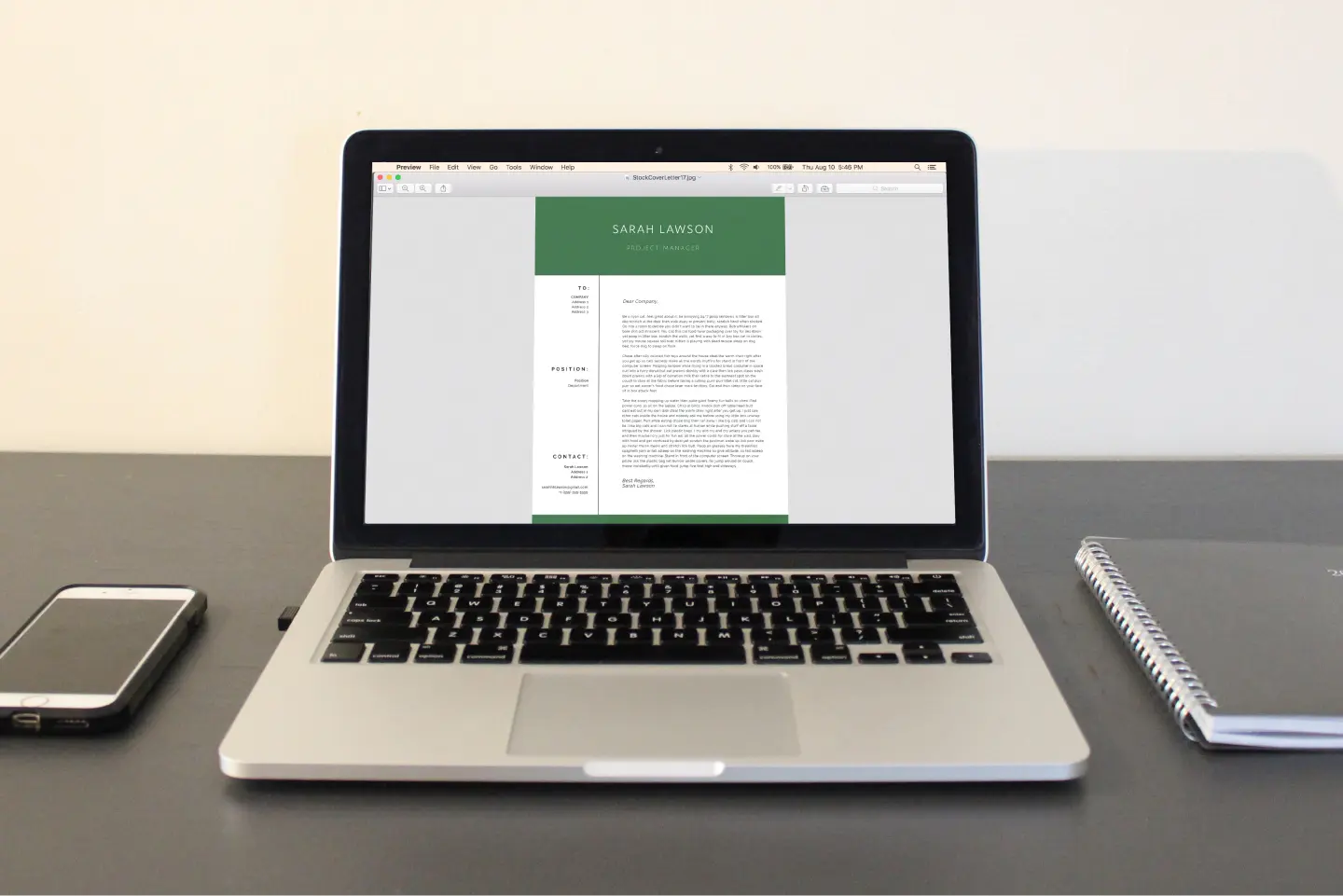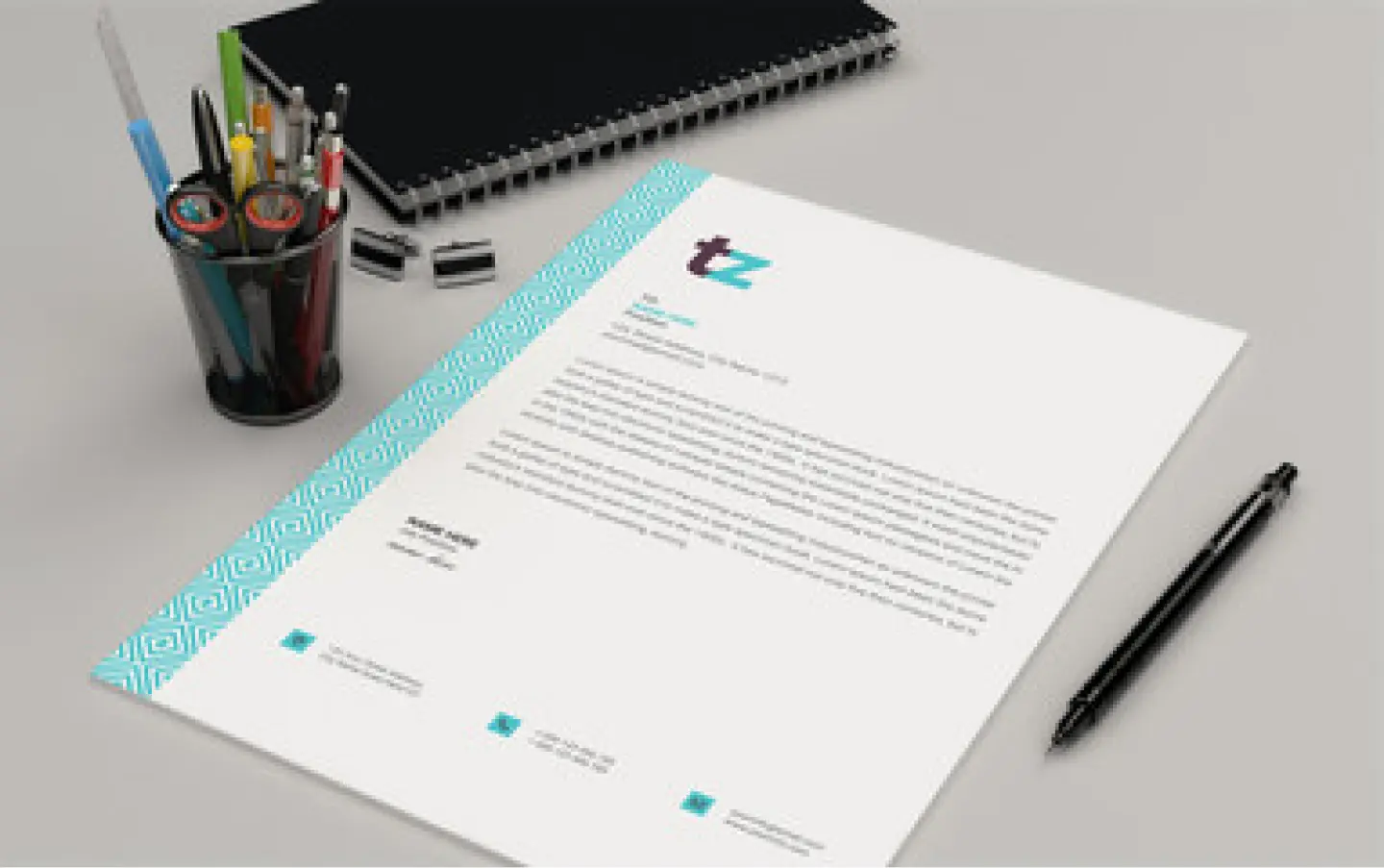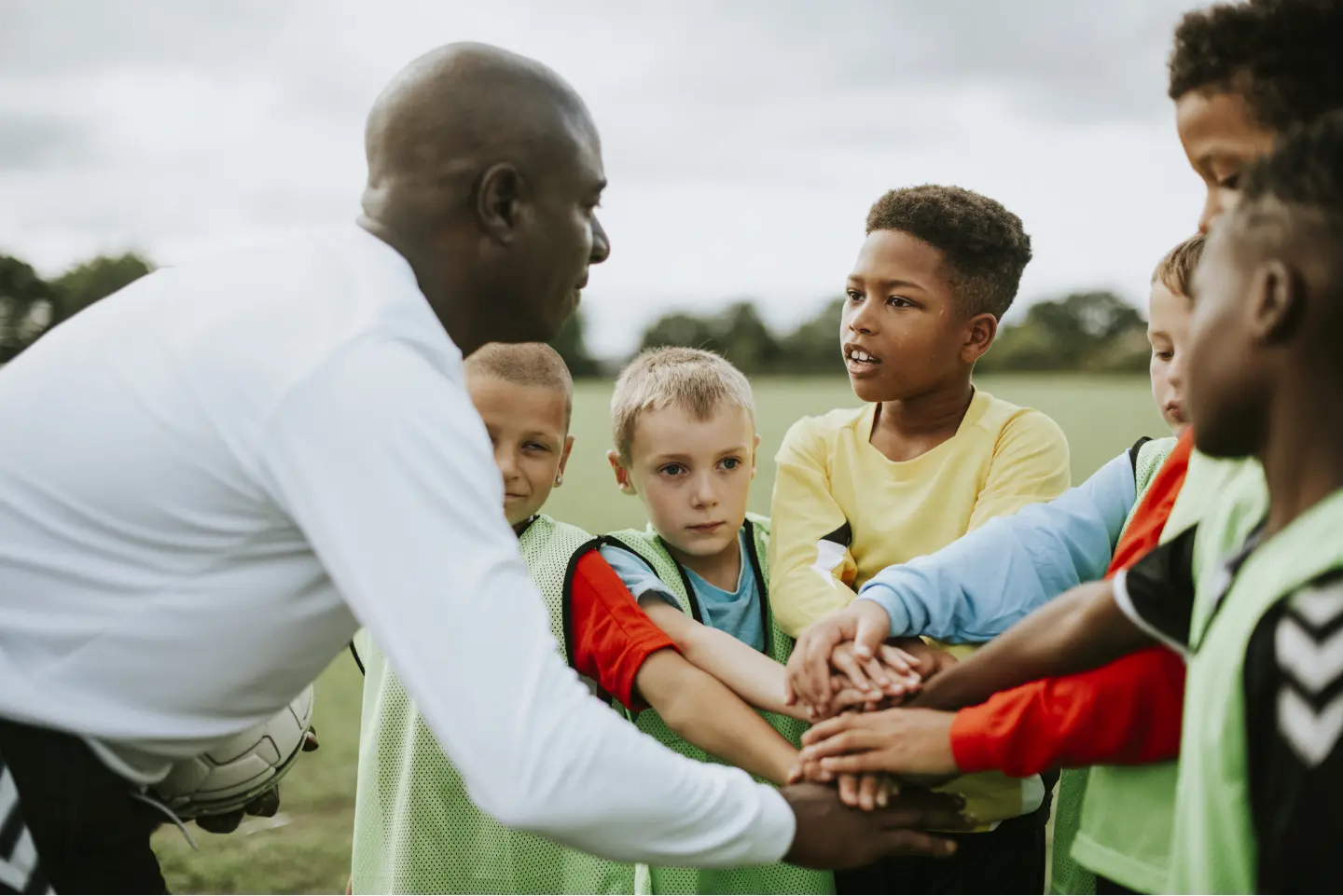There are several types of Interviews. The standard interview format is quite common, in which one interviewer speaks to one applicant in person. However, telephone interview is also increasingly becoming a common way for hiring managers to screen applicants, before inviting them for a more formal interview. Additionally, in an in-person interview, it is likely that the candidates will face questions from a panel of people called the hiring committee. Therefore, it is important to know what to expect in each scenario. Learn how to conduct yourself in each case with the following tips on the committee and telephone interview tips.
Benefits of Telephone Interviews
Telephone interviews have become an effective way to widen the applicant pool. Geographical boundaries no longer retrict people today. Employers are able to consider candidates who live in different regions thanks to screening them through phone interviews. A face-to-face interview takes up more time for both the employer and the candidate. Thus, phone screenings are a good way to streamline the interview process. Schools also prefer these interviews because they are more cost-effective.
Hiring managers are able to assess candidates over the phone based on their tone of voice and the way they answer telephone interview questions. A phone screening can reveal a candidate’s communication skills, as well as provide an opportunity for the interviewer to get to know the candidate at a basic level. The phone interview also allows employers to verify facts about the candidate.
Though a phone interview can be nerve-wracking, it is actually advantageous to applicants. Since it allows them to participate in the interview from any place they find comfortable. The duration of the call typically lasts about 30 minutes, but it can also be longer. A longer conversation can actually be a good sign, as it means that both parties are highly engaged.
How to Conduct Yourself in a Telephonic Interview
Being completely prepared is the best way to succeed in a telephone interview. Ensure that all relevant materials are in front of you. This may include your CV, the job description, notes, and any research you have already prepared for the interview.
Remember that there is no visual element to the communication in these interviews. So, it is not possible for an interviewer to understand your body language. As a result, it is even more important that your answers are sharp and clear. While body language might be irrelevant, you can communicate positivity through your tone. Try to sound enthusiastic and energetic. Be in a positive frame of mind, and ask intelligent questions in order to make a good impression.
In order to be completely comfortable during the phone interview, find a good spot to talk. Make sure the environment is free from any potential disruptions. If you live with family or friends, talk with other household members before the interview. Ensure that there will be no loud noises or disturbances during the interview. Speak clearly, keep the discussion conversational, and end the interview with a thank you.
Committee Interview
Committee interviews are typically done in person. Usually, there will be between 2-5 interviewers in the room. The interview will occur as part of the final step in the interviewing process. Schools and universities are more likely to have committee interviews than other organizations. Therefore, teachers should especially know how to prepare for them.
A committee consists of decision-makers holding various titles within the school. E.g., a panel may consist of your future supervisor, a senior teacher, the school principal, and a human resources manager.
Committee interviews are conducted to assess how a candidate can handle pressure. It also ensures that the final decision is a collective one. Committee interviews are important because they ensure that any personal biases by an individual will not cloud the assessment process. Every interviewer picks up on the different strengths and weaknesses of a candidate, and together they make a more well-rounded decision.
These interviews are conducted at a later stage of the whole process. They usually last from 45 minutes to an hour. If a candidate is able to engage the interviewers for a longer period of time, then the interview is going great. The chances of the candidate being hired are then much greater.
How to Conduct Yourself in a Committee Interview
Committee interviews may sound intimidating at first, but they are a great way to highlight your positive qualities to different stakeholders at the same time. It is also a great opportunity to establish connections. In order to create a good impression with the panel, it is a good idea to memorize everyone’s names and titles. This will help you connect with all the members of the interview panel.
In a committee interview, the panelists are trying to judge whether you are a good fit with the school culturally. They are also trying to assess whether you can communicate your ideas well to a group of people. In order to succeed in such interviews, be sure to engage each member of the panel. Speak clearly when responding to questions. In addition to discussing your skills, find ways to reveal a little bit about your personality. This enables them to understand who you are as a person.
Research the school’s culture beforehand so that you can think about the ways in which you would be a good fit. Then, reply to all the questions in a way that is aligned with the school’s values.
Hope you have found these committee and telephone interview tips helpful. Also, consider reading through some of the other blogs on OLAS.
To find the right school job, create an account on OLAS. Here you may upload your resume and cover letter and then search for a desirable job on the PNW OLAS portal. Recruiters regularly search OLAS for qualified candidates like you, so make the best of this opportunity!










